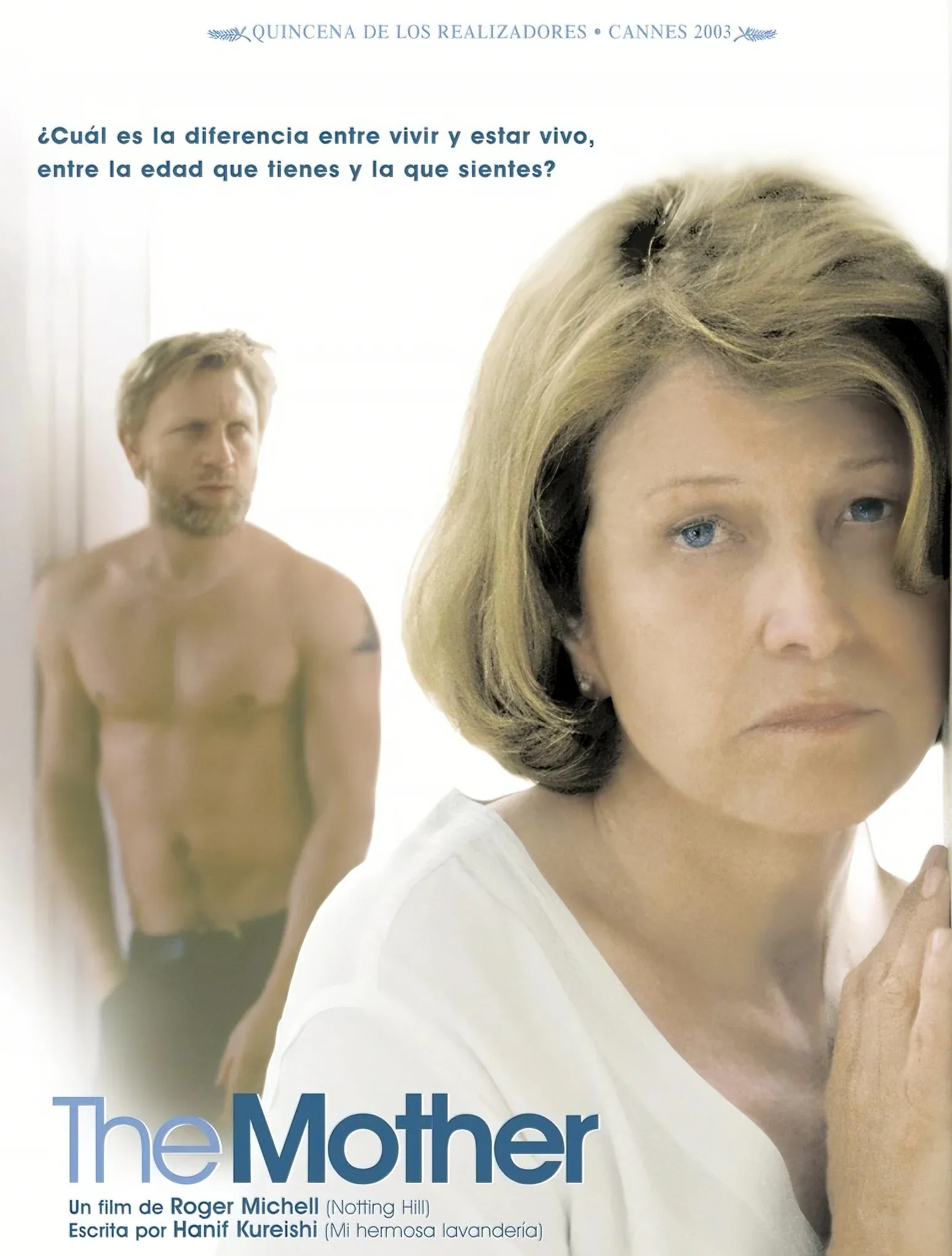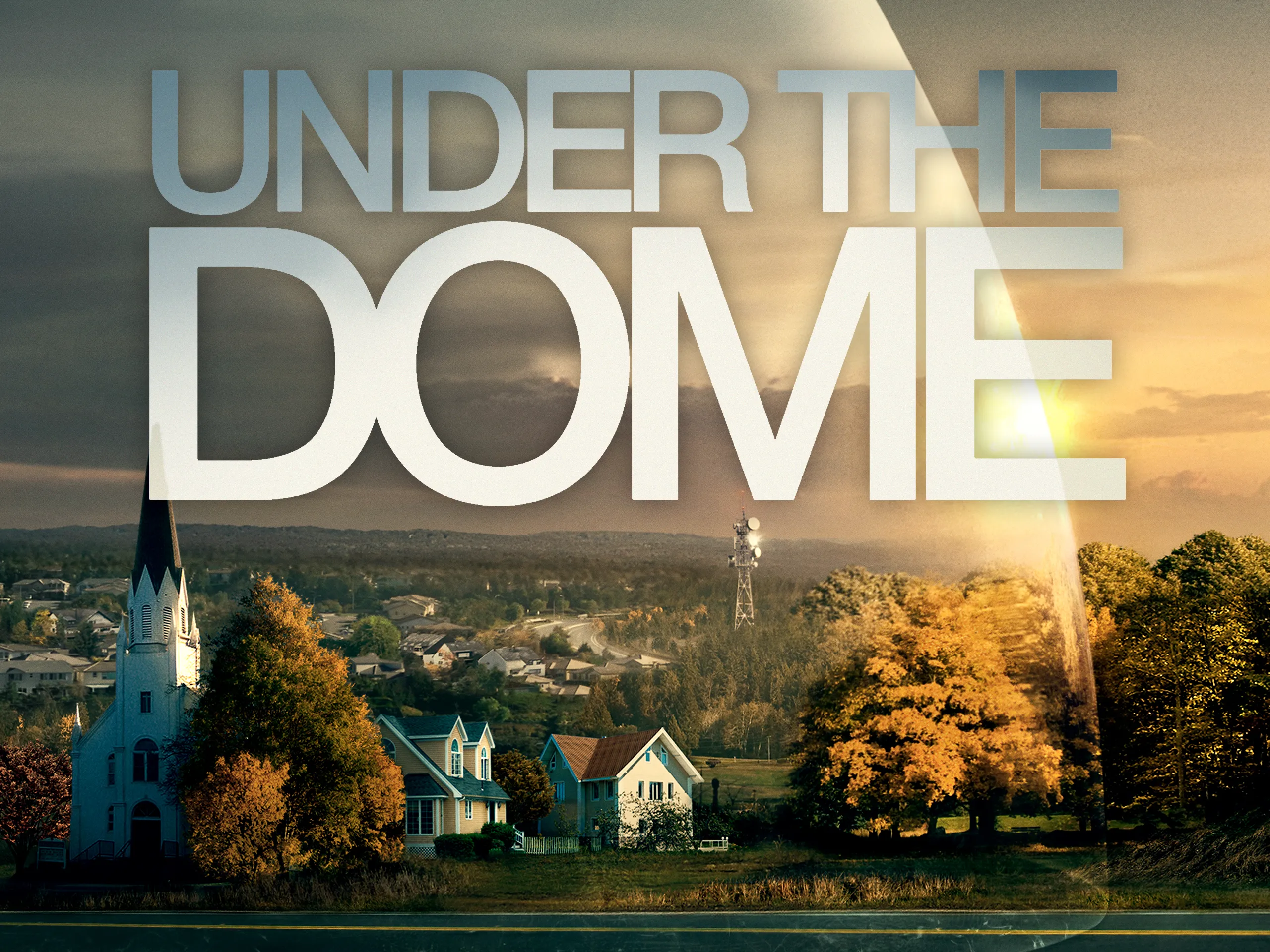The Mother (2003) is a deeply affecting British drama that examines themes of grief, desire, aging, and family dysfunction. Directed by Roger Michell (Notting Hill, Venus) and written by acclaimed playwright and screenwriter Hanif Kureishi, the film presents an unflinching look at the emotional complexities of an older woman navigating loss and rediscovering her own desires.
At the heart of the story is May (Anne Reid), an aging woman who, after the sudden death of her husband, visits her adult children in London. While struggling to reconnect with them, she develops an unexpected and passionate affair with Darren (Daniel Craig), a younger man who also happens to be her daughter’s boyfriend. This affair sets off a chain of emotional turmoil, highlighting the generational and personal struggles within her family.

The film is a daring, raw portrayal of human longing, challenging societal norms about aging, sexuality, and the roles of women beyond a certain age.
May and her husband, Toots (Peter Vaughan), travel to London to visit their son, Bobby (Steven Mackintosh), and daughter, Paula (Cathryn Bradshaw). However, Toots unexpectedly dies, leaving May a widow. Overwhelmed by grief and loneliness, she struggles to find her place in a world that seems to have little space for an older woman beyond being a mother and grandmother.
Her son, Bobby, is preoccupied with his career and largely indifferent to her presence. Paula, on the other hand, is dealing with her own insecurities and frustrations, particularly regarding her relationship with Darren, a carpenter working on Bobby’s house.

Darren is much younger than May, a rugged working-class man with a troubled past. He is also having a casual relationship with Paula, who desperately wants more from him. However, Darren becomes an unexpected source of comfort for May. They share an undeniable attraction, and May finds herself drawn to him in ways she never imagined possible.
Their relationship quickly turns physical, leading to a passionate yet complicated affair. For May, this is a reawakening—not just of her body but of her sense of self. For Darren, it is a mix of affection, attraction, and confusion. Their intimacy provides solace for May but also threatens to unravel the fragile structure of her already dysfunctional family.
As tensions rise, the affair is inevitably discovered, leading to painful confrontations and forcing May to make difficult choices about her future.

Upon its release, The Mother received widespread acclaim, particularly for its fearless storytelling and Anne Reid’s performance. Critics praised the film for its sensitive yet unflinching portrayal of older female sexuality, a subject rarely explored in mainstream cinema.
However, the film was also controversial, with some audiences finding its themes uncomfortable. The age gap between May and Darren challenged societal norms, forcing viewers to confront their own biases about love and desire in later life.
Over time, The Mother has gained recognition as a bold, thought-provoking film that dares to tell a story rarely seen on screen. It remains an important work in British cinema, pushing boundaries and offering a compelling exploration of age, passion, and personal transformation.



-1755140111-q80.webp)
